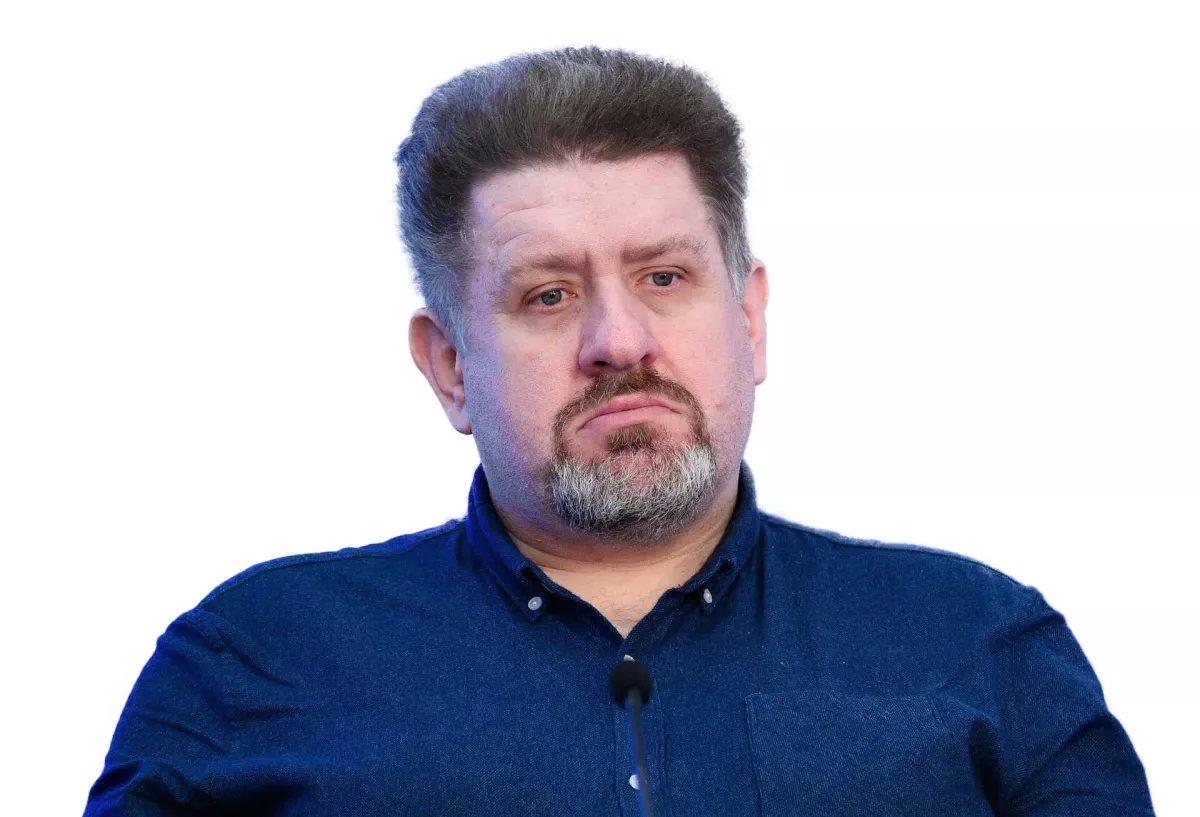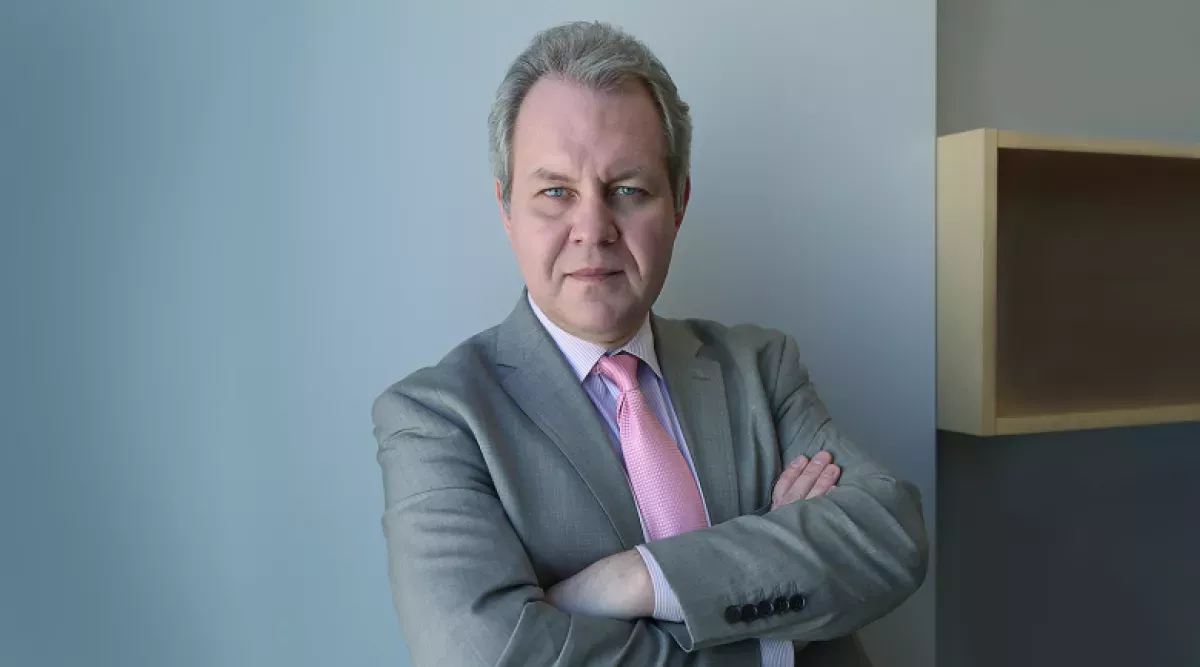Istanbul talks: Moscow and Kyiv far from peace Experts remain sceptical
The second round of direct negotiations between Russia and Ukraine took place on June 2 in Istanbul. The meeting lasted an hour. According to Ukrainian Defence Minister Rustem Umerov, who headed Kyiv’s delegation, the two sides only managed to agree on a mutual exchange of prisoners and the repatriation of fallen soldiers’ bodies under the “6000 for 6000” formula.
Ukraine also handed over to Russia a list of 339 children who were “illegally deported, forcibly relocated or are being held in temporarily occupied territories,” demanding their return. In response, Vladimir Medinsky, aide to the Russian president and head of the Russian delegation, urged Kyiv not to stage “a show for bleeding-heart European old ladies with no children of their own.” He added that each of these cases would be reviewed thoroughly.
As part of the latest round of talks, Russia and Ukraine were expected to discuss memoranda outlining the conditions for a peace settlement. Ukraine submitted its document on May 28, while Moscow presented its version only on the day of the meeting. According to Axios sources, the Kremlin’s position remains unchanged — President Putin continues to demand the withdrawal of Ukrainian forces from the remaining non-occupied areas of the Luhansk, Donetsk, Zaporizhzhia, and Kherson regions, which he has declared to be Russian territory.
Furthermore, Russia refused a 30-day ceasefire without additional conditions, Defence Minister Rustem Umerov reported. Such a pause had earlier been advocated by U.S. President Donald Trump and Kyiv’s European allies. Moscow also rejected the proposal for a face-to-face meeting between the leaders of the warring states, Vladimir Putin and Volodymyr Zelenskyy.
Turkish President Recep Tayyip Erdoğan described the recent Russia–Ukraine negotiations as “excellent” and offered to host a meeting between Putin and Zelenskyy in Türkiye, should they be willing. He also suggested that Donald Trump could join them. However, the Ukrainian Foreign Ministry noted that the Russian side opposed the presence of U.S. representatives at the June 2 meeting.
Defence Minister Rustem Umerov proposed to the Russian delegation that another round of talks be held by the end of June. The next meeting is also expected to take place in Istanbul, although the exact date has not yet been determined.
The most significant outcome of the second round of negotiations was the agreement on a large-scale exchange of prisoners of war and the repatriation of fallen soldiers’ bodies. In all other respects, the positions of the negotiating parties from Kyiv and Moscow remain essentially unchanged.
Against this backdrop, what are the prospects for a ceasefire? Is there any realistic hope that the sides might reach one in the foreseeable future? And how can the relatively restrained positions of the mediators — namely Türkiye and the United States — be explained? Could this reflect a reluctance to disrupt the fragile negotiation process with careless statements or premature assessments?
Caliber.Az invited a number of prominent international experts to share their views on these pressing questions.

The head of the Ukrainian Policy Institute, analyst and historian Konstantin Bondarenko, notes that the negotiation process between Ukraine and Russia is still in its early stages.
“The positions of the two sides are too far apart. It’s currently unrealistic to hope for a swift resolution. That’s why any step that fosters mutual understanding should be viewed positively. The main problem is the profound lack of trust between the parties. The Russian side fears that a ceasefire could be used by Ukraine to redeploy troops, conduct mobilisation, and replenish arms supplies. This is precisely why Moscow insists on the adoption of specific measures and binding commitments to make such actions impossible,” the expert believes.
In his view, the political positions of the two sides are fundamentally opposed.
“Moreover, the Istanbul process is just one component of a much broader negotiation framework, which includes talks between Washington and Moscow, between Washington and its European partners, between Zelenskyy and European states, as well as between Ukraine and the United States. Only once all these tracks are synchronised can we begin to speak of Ukraine and Russia moving closer to peace,” Bondarenko asserts.

Russian political scientist and sociologist Vladislav Inozemtsev, head of the Centre for Post-Industrial Society Studies, says he never expected anything meaningful to come out of these negotiations in the first place.
“Because Russia’s position hasn’t changed — and I don’t believe it will anytime soon. Putin is categorically unwilling to shift his approach in response to Ukrainian strikes. That’s clear. These strikes are certainly serious, but not crippling. And Putin has always been known for never acting under pressure. So Russia’s stance remains what it is.
As for whether we can hope the sides will reach peace — no, we can’t. Since the beginning of the year, when many started asking me whether peace would come in 2025 after Trump’s return to the political stage, I’ve repeatedly (and this has been documented everywhere) said no — it won’t. And I truly don’t understand where these illusions come from. Everything will continue as it is, and the war will escalate and intensify,” the expert says.
“I believe Trump will gradually distance himself from this issue,” Inozemtsev continues. “I’ve said before that at some point, the Americans will withdraw from this negotiation process because it’s meaningless. And the last thing Trump needs right now is to tie himself to a futile and unsuccessful endeavour. So, in essence, everything is going according to plan, as they say. There is no peace on the horizon.
Ukraine feels confident enough, while Russia won’t change its position due to the particularities of Putin’s mindset. So there’s nothing to expect. And frankly, I didn’t expect anything. Perhaps there will be another couple of meetings, which will also yield questionable results — but beyond that, the war will simply go on,” Inozemtsev concludes.








